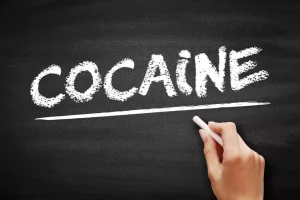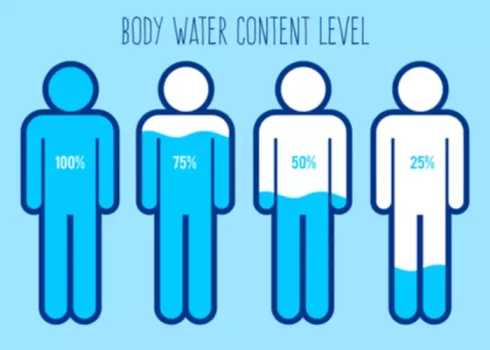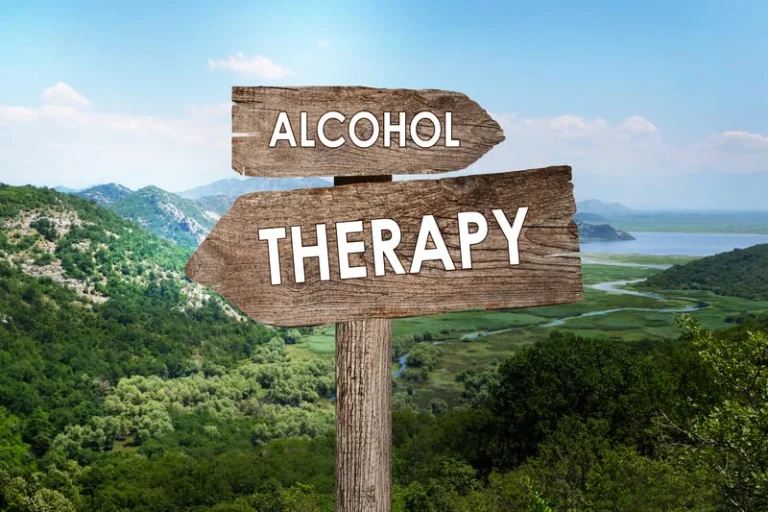
Fish, for instance, is healthy in moderation because it’s often low in saturated fat and high in protein; some fish also contain nutrients like omega-3 fatty acids. Generally, people who consume more fish report lower levels of depression, though experts have contested the exact fish oil or dietary factor that’s responsible. A personalized plan can help make the most of nutritional therapy, so you may want to consider working with a dietitian.
Stay Away from Processed Foods
- Avocado is a creamy and nutritious fruit that offers numerous health benefits.
- Explore effective ways to reduce alcohol use, understand health risks, and discover treatment options.
- Nutrition for alcohol recovery is essential to healing both physically and mentally.
- Shellfish is known for including a fair amount of zinc, omega-3 fatty acids, and iron, all minerals and nutrients that aren’t adequately absorbed by the body during heavy alcohol use.
- Combined with poor nutrition, this may increase your risk of alcohol-induced injury to your liver, intestines, lungs, and brain.
- Excess processed foods can lead to weight gain, elevated blood pressure and increased risk of heart disease, diabetes and cancer.
Explore the stages of recovery journey, from recognizing the problem to maintaining sobriety and beyond. Explore how drug alcohol dependence leads to addiction, its impact, and paths to recovery. Discover what dual diagnosis treatment is and how it offers a path to recovery for those with addiction. Discover what partial hospitalization treatment https://ecosoberhouse.com/article/how-to-approach-a-person-who-prefers-avoiding-conflicts/ is and how it effectively aids addiction recovery. Whole milk, cheese and butter are great sources of vitamin A, and yogurt provides both vitamin B2 and live cultures that can promote digestive health. Prepare peas, sweet potatoes, and pumpkin in a steamer to retain the nutrients in these foods, or make vegetable chilis with a variety of beans.
Sugary Food and Drinks

Explore the impact of alcohol misuse and discover resources for support. Detox is a stressful process that can lead to alcohol withdrawal insomnia, depression and anxiety. Caffeine can increase heart rate, restlessness and shakiness — all symptoms of anxiety. It’s important to select snacks that not only nourish the body but also help to manage cravings and maintain steady blood glucose levels.

Colorful Fruits and Vegetables
Adequate glycine levels can help you can feel fuller, stronger, and more nourished. Aside from water, it can be beneficial to add hydrating foods into the mix. Fruits like watermelon, strawberries, cantaloupe, peaches, and oranges are all incredibly hydrating. Vegetables like cucumber, lettuce, zucchini, celery, and tomatoes also have high water content.
Supporting Recovery with Diet

Having enough protein can help reduce withdrawal symptoms such as nausea, headache, and fatigue. As you’ve likely heard, heavy alcohol consumption can be damaging to your brain. And since your brain needs certain fatty acids to function optimally, eating enough best foods for alcohol recovery good fats is key in a healthy diet for alcoholics. Broccoli is a cruciferous vegetable that is renowned for its health-promoting properties. It contains a compound called sulforaphane, which is known to have powerful antioxidant and anti-inflammatory effects.
- Up to 50% of people with an eating disorder abuse drugs or alcohol, which is five times the rate of the general population.
- Eating junk food can cause a host of health problems, including weight gain, high cholesterol, high blood pressure, depression, heart disease, stroke and Type 2 diabetes.
- Nutrition plays a critical role in mental health restoration during alcohol recovery.
- Get started by speaking with one of our compassionate treatment specialists.
Whole Grains For Alcohol Detox
These symptoms can last for up to several months or years, and may require ongoing aftercare treatment following alcohol detox. 15.1 million U.S. adults suffer from alcohol use disorder, but only 6.7 percent receive detox and addiction treatment. Dual diagnosis treatment programs for substance abuse and eating disorders focus on addressing both conditions and their common roots, rather than trying to treat one after the other. These programs are unique to the individual and the complex interplay between the conditions but typically involve individual and group therapy designed to heal the patient from both sides. The development of a nutritional plan for those in recovery involves planning out meals and determining an appropriate meal schedule that meshes with other activities in the treatment plan. Carbohydrates are vital for recovery, as they provide fiber and energy, which the detoxer may be lacking.
Is Addiction Genetic?
Benefits of Exercise in Substance Abuse Recovery
- They also help you feel fuller for longer and provide ongoing energy.
- Alcohol can disrupt the gut microbiota and promote an overgrowth of “bad” bacteria.
- A healthy alcohol detox diet can help to set the person’s body up for recovery.
- Both food and addictive substances present ways to escape from or numb unwanted feelings.
- Alcohol abuse is tough to manage any time of year, but especially around the holidays.



